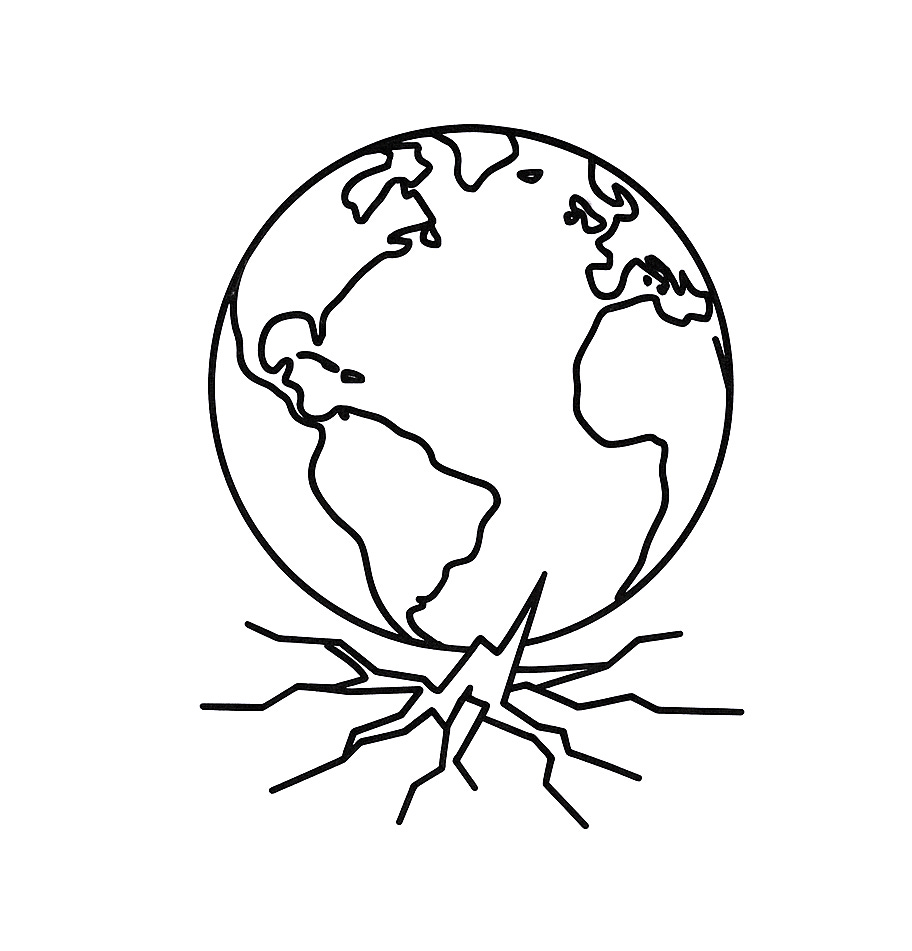Freedom Before Fracture
Spot the hidden constraints holding you back and act now to propel your organisation further, faster.
Early in my career, a manager told me I “had no scope for promotion.” I wanted to cut ties and move on.
Years later, while working abroad, a senior executive said my Australian accent made me sound uncertain - specifically, the upward inflection at the end of our sentences. I thought, get me out of here now.
And when I was told to stop asking questions - while trying to understand how to secure a win-win deal with China - and instead to simply tell our prospective partners what we wanted, I knew I didn’t belong in that room.
When have you felt tethered - restricted, controlled?
When have you been the one to reinforce the tether?
In a world of shifts, these questions can be uncomfortable. Yet they may be more important to consider than waiting for ties to be cut by external forces.
Many of us work in organisations, industries, or countries where we have felt the urge to cut ties - yet it’s rare we can immediately take such action. We’re tethered by norms, power dynamics, and expectations.
Untethering restores autonomy and agency - personally and organisationally. And often, the smarter move is to untether before you’re forced to walk away.
To question place, precedent, and perception.
To cut through controls, constructs, and conditions.
To see clearly. To move freely.
Untethering comes before scenario planning. Before strategic foresight.
It creates space to think - before setting adaptive strategy.
Then, leaders can:
Rethink market expansion when local growth stalls.
License IP or know-how globally without heavy investment.
Use AI or automation to unlock efficiency.
Expand teams remotely with global talent.
Raise capital from investors aligned with global growth.
Fund growth through global partnerships.
Solve problems that matter - beyond their borders.
And yet, most remain stuck.
A 2023 Deloitte Global Human Capital Trends survey found fewer than 15 per cent of organisations have leaders ready to lead inclusively or consider broader risks. Only 16 per cent are ready to use technology effectively. Just 18 per cent are prepared to redesign how work is done.
The issue isn’t always skill - it’s mindset. Nearly half say their leaders are overwhelmed by competing priorities and change. That’s paralysis.
Resistance to change is often driven by fear - of losing control, disrupting teams, or confronting what’s unfamiliar. Yet clinging to what’s worked before keeps organisations trapped in the past.
The biggest shifts - trends, threats, technologies, opportunities - now come from outside our local context.
And yet we tend to default to what we know. We control what we can.
We tether others to our comfort zones - and limit what’s possible.
What holds us here stops us from going there.
Where we go, with our teams and on our terms, is further, faster - when we untether from what no longer serves us.
When is it Safest to Stick with the Status Quo?
Sometimes, it is safest to stick to the status quo.
Leaders and organisations can’t afford to change constantly - that would add cost, confusion, and complexity. The challenge is knowing when to update how we see the world and how we act within it.
Altitude: Zooming Out to Zero In
It takes courage to climb the mast.
On a racing yacht at sea, not everyone does it. Many will look up. Fewer will act. And only one will strap in, climb high, and do what needs to be done. They’ll face the force of wind, the motion of the boat, and the pressure of knowing what’s at stake.
From that height, the view shifts. It is about fixing a problem. And, it’s about getting back on course. Making the finish. Making it safely home.
And up there, perspective changes.
Q1 Breakthroughs: Where the World Moves Forward
Breakthroughs don’t stand alone. They set off waves of change across industries, economies, and societies.
As author Nate Silver put it, “Distinguishing the signal from the noise requires both scientific knowledge and self-knowledge.”
In early 2025, key breakthroughs are driving progress across healthcare, energy, technology, and scientific exploration. Some may go unnoticed, especially as leaders focus on immediate demands, yet they offer valuable insights into the shifts shaping the world.






Love this so much Soph.
Heaps of gold in here, Sophie. I especially like what holds us here stops us from going there. I enjoyed this and the voice memo to go with it